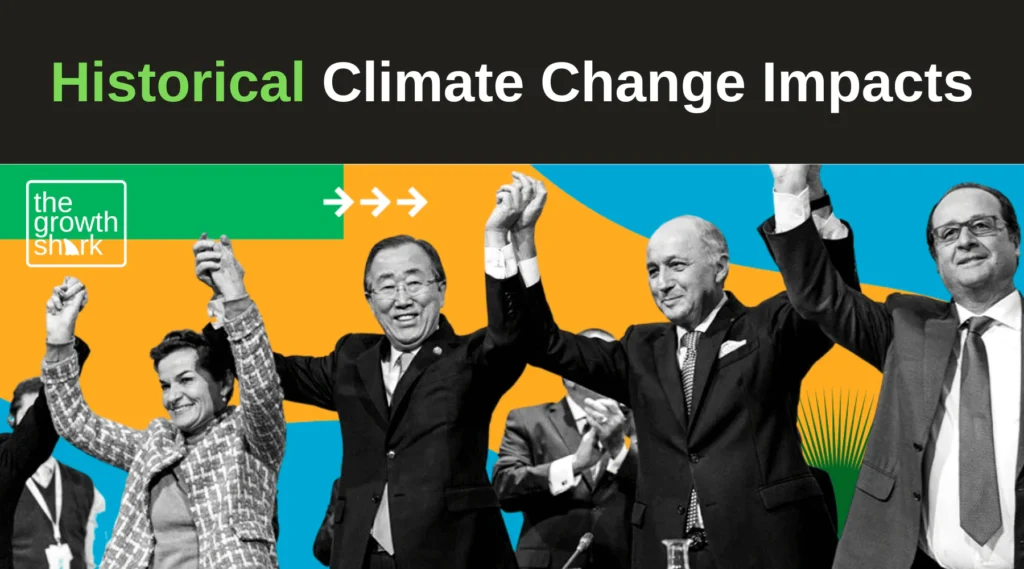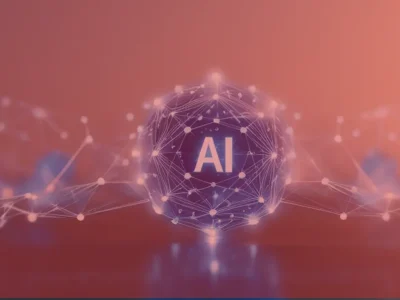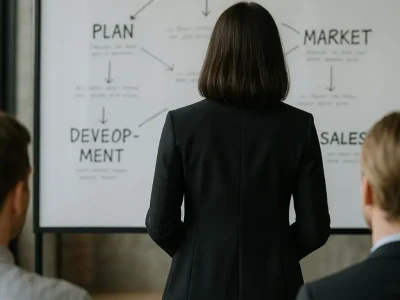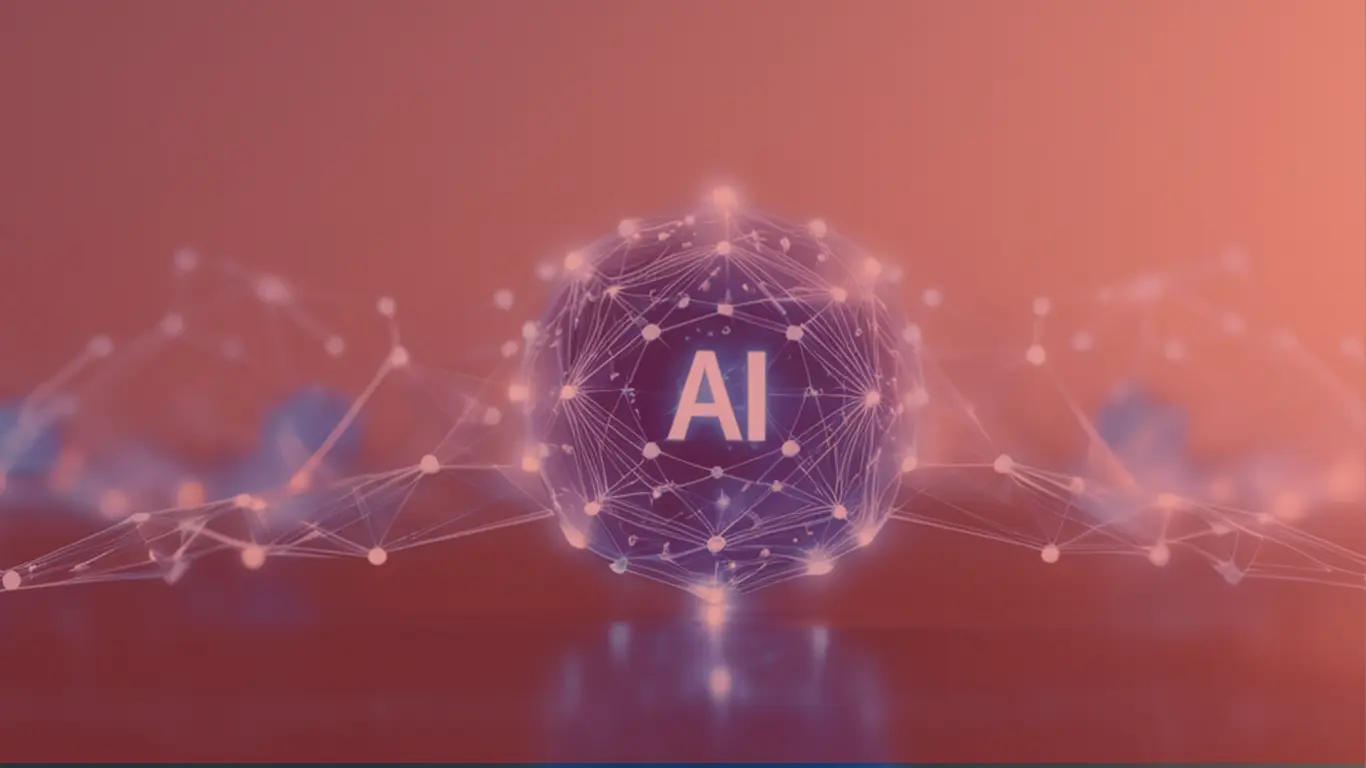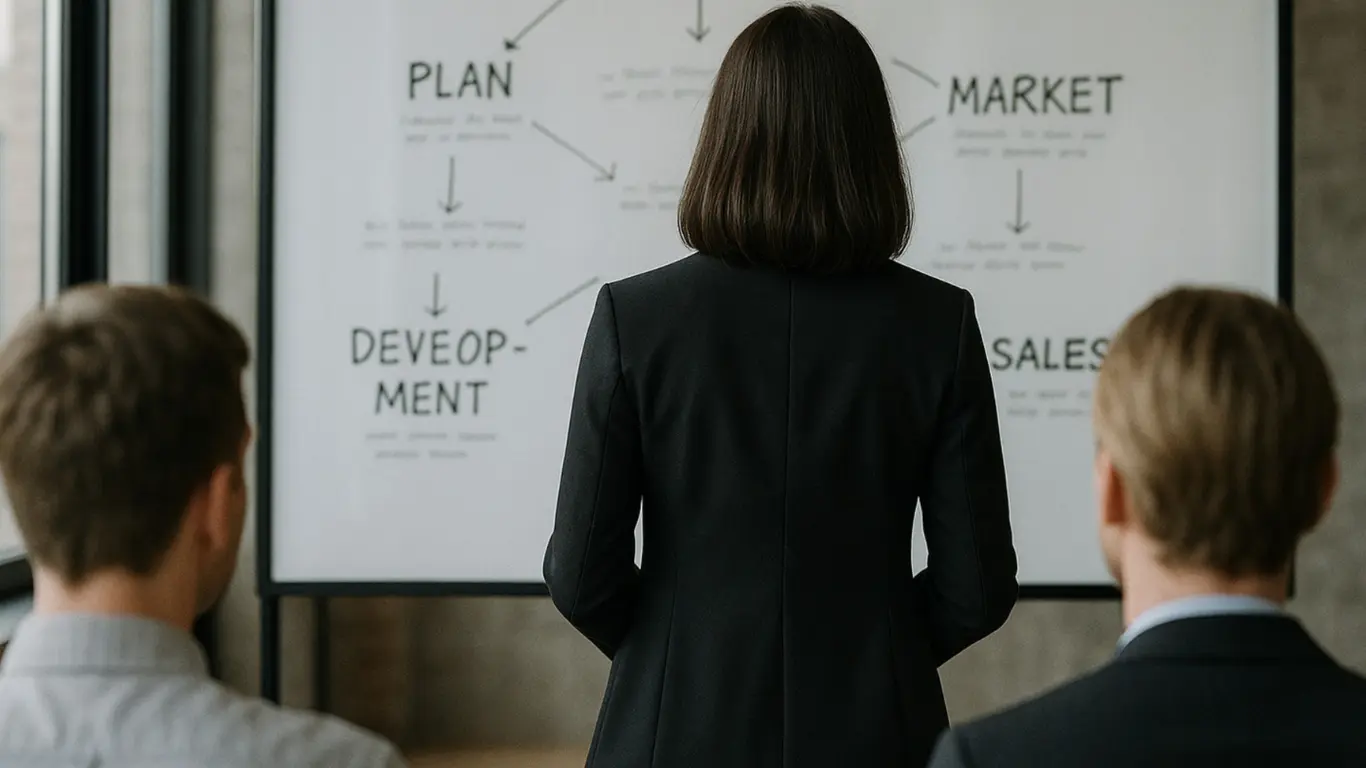In the vast expanse of time, the story of climate change is written in the very fabric of our world. From subtle shifts to monumental transformations, the historical impacts of climate change have shaped civilizations, ecosystems, and the very course of human history. Join us as we embark on a journey through time, exploring the most pivotal moments that have defined our understanding of climate change and paved the way to the urgent call for awareness and activism.
The Ancient Whispers: Unraveling Early Climate Mysteries
Ice Ages and Human Migrations
The whispers of ancient climates are heard in the echoes of ice ages. These natural phenomena, spanning millions of years, influenced human migrations and shaped the distribution of civilizations. As ice sheets advanced and retreated, our ancestors adapted to changing landscapes, laying the groundwork for the intricate dance between humanity and climate.
Agricultural Revolution and Climate Stability
The dawn of agriculture marked a pivotal point in human history. Stable climates allowed communities to transition from nomadic lifestyles to settled farming. However, as civilizations grew, they became increasingly vulnerable to fluctuations in climate, with droughts and shifts in temperature impacting food production and societal stability.
The Medieval Anomalies: From Warm Periods to Crisis
Medieval Warm Period
The Medieval Warm Period (800-1200 AD) brought milder temperatures to regions such as Europe. While it fostered agricultural productivity and cultural flourishing, it also led to societal imbalances. The subsequent Little Ice Age (1300-1850 AD) brought cooler temperatures, challenging societies to adapt to unpredictable climates and contributing to crises like the Black Death.
Industrialization’s Footprint: A Turning Point in Climate History
The Industrial Revolution and Greenhouse Gas Emissions
The 18th-century Industrial Revolution marked a transformative era. While it brought unprecedented economic growth and technological advancements, it also unleashed the mass burning of fossil fuels. This surge in greenhouse gas emissions set the stage for anthropogenic climate change, as the Earth’s atmosphere absorbed increasing levels of carbon dioxide.
Deforestation and Altered Landscapes
The pursuit of progress came at the cost of ecosystems. Rampant deforestation, driven by industrial needs and agricultural expansion, disrupted the delicate balance of carbon cycles. The loss of forests not only contributed to elevated greenhouse gas levels but also impacted biodiversity and altered local climates.
The 20th Century: Accelerated Change and Global Awareness
The Great Acceleration
The 20th century witnessed the Great Acceleration—a period of exponential growth in population, industrial production, and resource consumption. This era brought unprecedented changes to the Earth’s systems, with exponential increases in carbon emissions, deforestation, and pollution, setting the stage for the contemporary climate crisis.
Rising Sea Levels and Extreme Weather Events
As temperatures rose, polar ice melted, contributing to rising sea levels. Coastal communities faced increased vulnerability to storm surges and flooding. Simultaneously, the frequency and intensity of extreme weather events, from hurricanes to heatwaves, underscored the urgent need for global climate action.
Contemporary Challenges: The Modern Climate Crisis
Anthropogenic Climate Change
The scientific consensus in the 21st century is unequivocal: human activities are the primary driver of contemporary climate change. The burning of fossil fuels, deforestation, and industrial processes continue to release greenhouse gases, exacerbating global warming and triggering cascading environmental impacts.
Melting Ice Caps and Disappearing Glaciers
Iconic symbols of Earth’s polar regions, ice caps and glaciers are vanishing at an alarming rate. The retreat of ice contributes to sea-level rise and threatens the habitats of polar species. The repercussions extend globally, affecting weather patterns and exacerbating the challenges faced by vulnerable communities.
Biodiversity Loss and Ecosystem Disruption
The interconnected web of life is unraveling as climate change accelerates biodiversity loss. Species face unprecedented challenges, struggling to adapt to rapid shifts in temperature and habitat conditions. Ecosystems are under duress, impacting the services they provide, from pollination to climate regulation.
Influences at Play: Beyond the Thermometer
Political Stalemates and International Agreements
Climate change is not merely a scientific challenge; it’s a complex socio-political issue. International negotiations, from the Kyoto Protocol to the Paris Agreement, reflect the intricate dance of geopolitical interests and the struggle to create meaningful frameworks for global climate action.
Economic Paradigms and Sustainable Transitions
The prevailing economic paradigms have contributed to environmental degradation. Balancing economic growth with environmental sustainability remains a significant challenge. Shifting towards sustainable practices requires reevaluating traditional economic models and embracing innovative, eco-friendly alternatives.
Public Awareness and Grassroots Movements
The power of public awareness and grassroots movements cannot be overstated. From the early environmental movements of the 20th century to the contemporary activism of youth-led initiatives like Fridays for Future, public engagement has been a driving force in demanding climate action and holding leaders accountable.
A Call to Action: Navigating the Future
Technological Innovations and Clean Energy
The 21st century brings a glimmer of hope through technological innovations. Advances in renewable energy, sustainable agriculture, and carbon capture technologies offer pathways to a more sustainable future. Embracing these innovations is crucial for mitigating climate change and fostering resilience.
Education and Advocacy for Sustainable Living
As a performance marketing agency committed to climate change awareness and activism, we recognize the pivotal role of education. By fostering climate literacy and advocating for sustainable living, we empower individuals to make informed choices and contribute to the global effort to combat climate change.
Collective Responsibility and Global Citizenship
In navigating the future, a collective responsibility emerges. Global citizenship calls for collaboration across borders, industries, and communities. By fostering a sense of shared responsibility, we can create a united front against climate change, ensuring a sustainable future for generations to come.
A Chronicle of Change
The historical impacts of climate change weave a chronicle of change—a story written in the rise and fall of civilizations, the melting of ice caps, and the voices of activists demanding a better future. As we navigate the complexities of influences at play, let this chronicle guide us towards a sustainable narrative—one where awareness, advocacy, and action converge to shape a resilient and harmonious relationship between humanity and the planet we call home.

